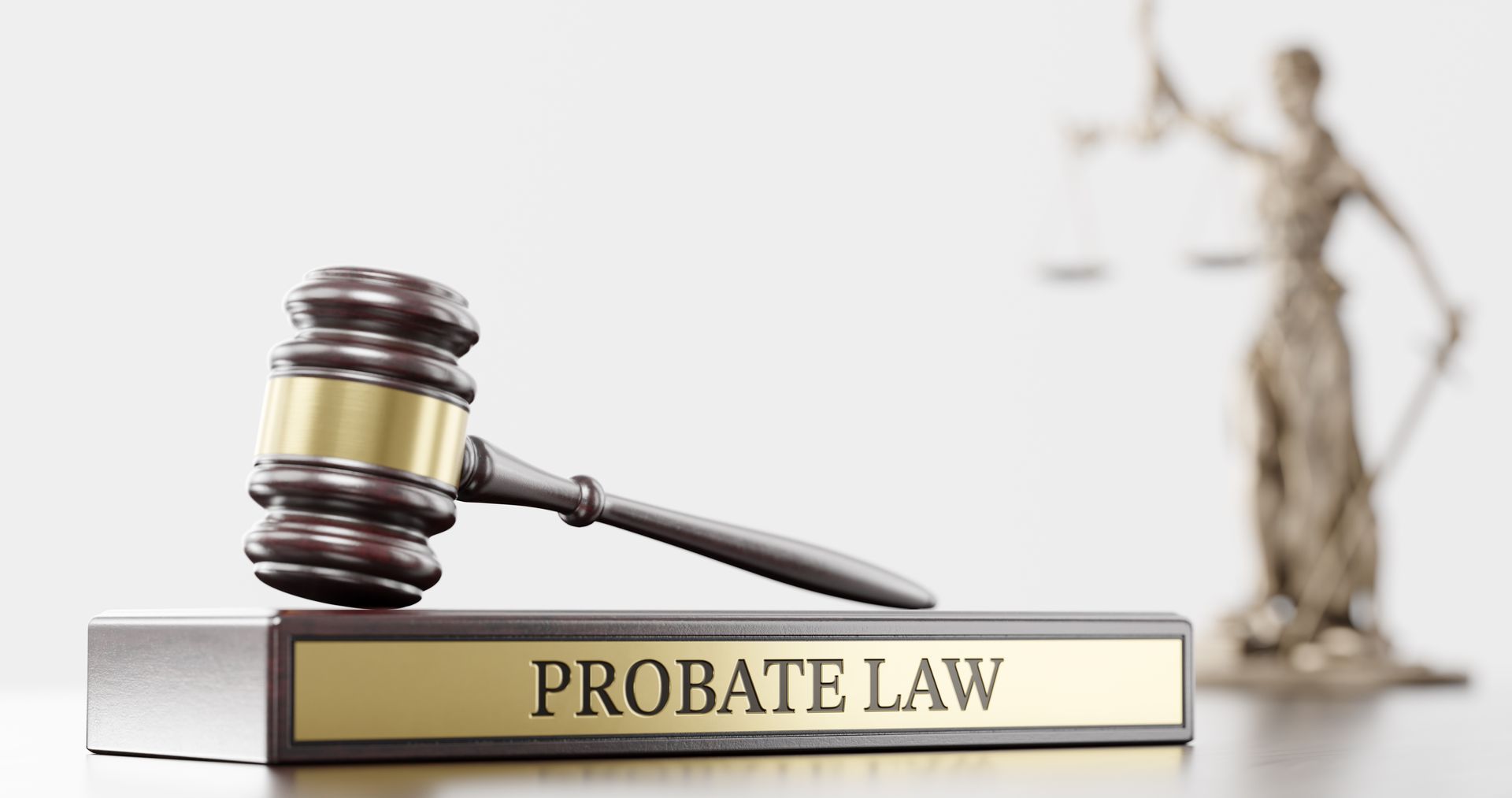Contact Us
Phone: 630-828-5355
Location
1700 Park St
Suite 203
Naperville, IL 60563
Hours
- Mon - Fri
- -
- Saturday
- -
- Sunday
- Closed
Schedule a Case Evaluation
Contact us now!
Hours
- Mon - Fri
- -
- Saturday
- -
- Sunday
- Closed
Disclaimer: The information on this website is for general information purposes only. Nothing on this site should be taken as legal advice for any individual case or situation. This information is not intended to create, and receipt or viewing does not constitute an attorney-client relationship.
© 2026
All Rights Reserved | VW Law | Powered By Convert It Marketing | Privacy Policy
© 2026
All Rights Reserved | VW Law | Powered By Convert It Marketing | Privacy Policy













